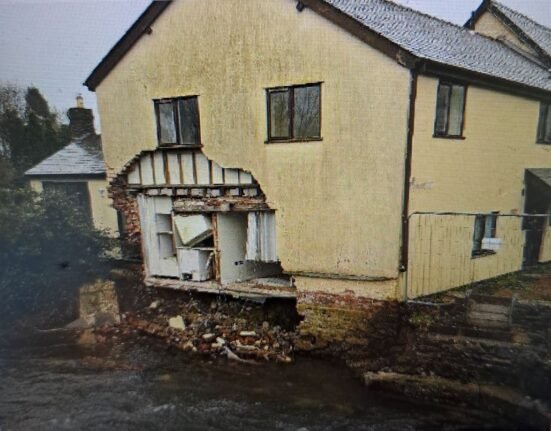Stay informed with free updates
Simply sign up to the House & Home myFT Digest — delivered directly to your inbox.
The price for the property seems high. Too high; you have done your due diligence. But you are set on buying. How do you make the sellers see sense so you can achieve what you believe to be a fair or good price?
It’s an age-old question, but one that feels relevant right now — in prime central London, for example, sellers currently outnumber buyers; the number of price reductions were up 36.4 per cent in April and 20.1 per cent in May compared with last year, according to LonRes; and the average discount to the asking price was just shy of 9 per cent, in the first three months of the year. According to Coutts, 82 per cent of transactions occurred at discounted prices.
As a buying agent, I’m always wary of averages; I’ve watched people learn the hard way that negotiating a discount to the guide price doesn’t mean an astute acquisition. It’s possible to negotiate a 15 per cent discount to the guide price and still overpay.
Every negotiation is different. But while understanding what represents fair value is important, it’s the nuances of the landscape that give the edge, and using the tools in your arsenal judiciously. The subtleties make the difference between haggling and negotiating. Some things to consider:
Pound per square foot valuations are an incredibly blunt negotiation instrument. Buyers often put together reams of information to “prove” to a seller that the property in question should sell for X-amount per square foot, based on other similar properties in the area. But this forgets the importance of other variables affecting price. At the very least the specifics of location within an area, and the configuration and volume of the house. Price per square foot should only be a guide. You wouldn’t buy a company just based on its price-to-earnings ratio.
Don’t rely on logic. Sellers are often influenced far more by emotions than you expect. If you don’t connect on a personal level and understand why owners are selling, then they often won’t hear the logic.
Two years ago I found a lovely, low-build house near Sloane Square for some clients. The owner, a city analyst, was set on a price that, in my opinion, was far too high. She had refused several good offers over the previous year and the estate agents were tearing their hair out.

I was told that they had shown her all the comparators but, being an analyst and very logical, she was rebutting “the facts” with her own arguments. This sounded odd, so I dug deeper and over a few weeks discovered that the owner was using homes in a completely different area (Mayfair) and in a completely different condition as comparison — she even admitted it to me when eventually we spoke directly. The issue was that everyone was telling her what to do rather than listening to her — it turned out she was selling as part of a messy divorce and this was one area she wanted to feel in control of.
Once I understood more, I was able to paint a vision of what the future could look like if she accepted the offer. She did, at a price that was lower than the agent thought would be possible.
The negotiation begins before the property search does. Connecting on a personal level isn’t always easy because you will probably be speaking to the seller’s estate agent rather than them. So your relationship with their agent is key. And this begins early.
“Preferred” buyers are the ones that are given first refusal on the best properties. Becoming one such buyer often simply means being easy to deal with — make it clear that you are in a position to move swiftly when you find the right property, with your finances in place and with a solicitor instructed.
And by becoming one, it’s easier to ask myriad questions to ascertain what the sellers’ motivations are. The agent may not know, but they will probably have information that will help make an educated guess. Ask a continuous stream of questions throughout the negotiation; you never know when that golden nugget of information will appear.
Always think about what your final offer will be first. Then build a strategy around that to decide what your initial offer will be. Factor in how many other active buyers there are and formulate your offers so that price increases happen in descending increments.
Don’t just focus on price. What timelines can you offer? What else can you offer to make it more attractive?
There is no such thing as an insulting offer. If I was insulted by absurdly high asking prices, I wouldn’t leave the office.
Finally, negotiating is only part of the puzzle. Many mistakenly think it is the primary way to do well in property. But, in my opinion, the key is to find a “Best in Breed” property.
As Warren Buffett says, “It’s far better to buy a wonderful company at a fair price than a fair company at a wonderful price.” The same is true for property. The best properties will outperform the market quite considerably over the medium and long term. You’ll do far better by acquiring one at fair value or less rather than negotiating a significant discount on a property that will just be average or, worse, underperform the market.
Jeremy McGivern is the founder of Mercury Homesearch
Find out about our latest stories first — follow @ft_houseandhome on Instagram







